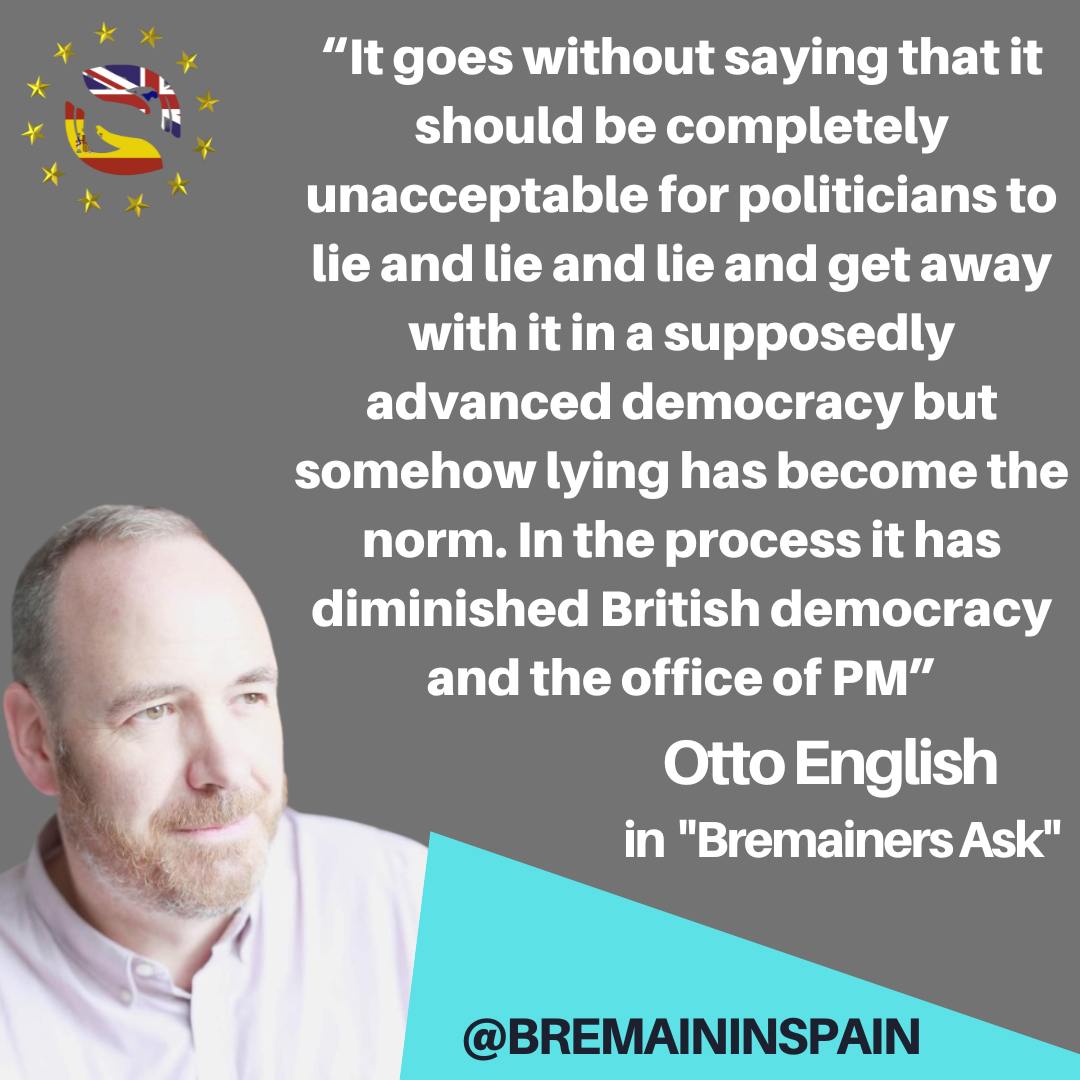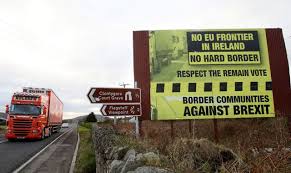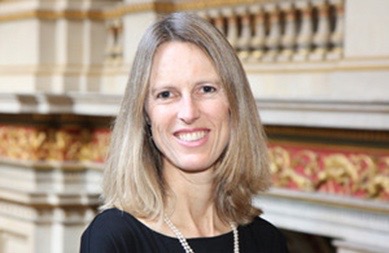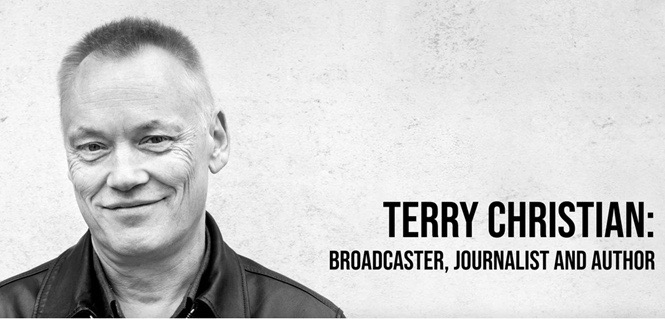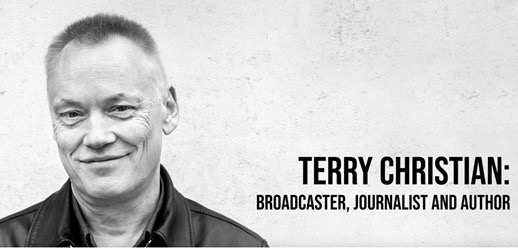
Bremainers Ask……. Otto English
Otto English is the pen name of author and journalist Andrew Scott. Having worked in theatre and TV in his twenties, as a playwright and researcher, Scott went on to have a ‘portfolio career’ combining teaching and scriptwriting before his online twitter rants and blogs about Brexit and the chaos of British politics led to a permanent career change in 2016.
Since then, he has written for the Independent, New Statesman, Politico and Byline Times (among others). His book Fake History was published in June 2021, and he is currently working on a sequel. He lives in SE London with his wife and two teenage children.
Steve Wilson : How do we undo the damage that the last 12 years of Tory rule – and Johnson’s time in power in particular – have done? Can the country ever return to her former glory?
The great danger for us all, whether Brexiter or Remainer or otherwise, is to keep looking backwards. The path forward is less about ‘undoing’ the damage and more about building something new in its place. Key to that, obviously, is getting rid of this government and opening up a new chapter and a fresh page in our relationship with our European partners and the wider world.
Johnson has demonstrated that leadership matters and that countries cannot prosper on the promises of hot air and bluster. Likewise, if the Brexiters have achieved anything, it is to demonstrate how critical our relationship with Europe is, and so my immediate hope is that after the Government is consigned to the political dustbin of history, a new administration will seek to join EFTA / EEA and work hard to normalise relations with our most important allies and neighbours.
It is going to be a long hard slog, because our nearest allies currently view us as something akin to a basket case and rebuilding trust and relations will take years.
I’d love to believe that ‘rejoining the EU’ would magically solve our problems and reset everything, but to do so would leave me open to the same trap that the Brexiters fell into. Brexit cultists believed, after all, that our membership of the EU was ‘the problem’ and that by leaving we could magically cast ourselves back to a golden age. Likewise, there is a danger in thinking that rejoining is a) possible in the short term and b) would offer us an immediate return to former glory – or even normality.
Michael Frederick Phillips : History is written by the winner. Where do you see the European Union in 40 years’ time? What do you anticipate will be seen as its successes and failures?
The pandemic and recent events in Ukraine have demonstrated history’s most valuable lesson – nothing is certain, and peace, prosperity and security can never be taken for granted.
Brexit was born out of the conceit that everything would always be OK and that none of the above mattered.
During the EU referendum the ‘project fear’ mongers made light of David Cameron’s warnings of a potential war in Europe and dismissed the historical fact that the European Union had led to a period of unprecedented peace and stability on our continent.
Much as I hate to praise Cameron for anything – those dire warnings have now come to fruition.
I hope that history will come to see another 40 years of peace and prosperity as part of the EU’s great success story, and I hope too that Putin’s aggression will lead to an ever-closer union, with Ukraine joining at the earliest opportunity. Nations are always safer, better, healthier and wealthier standing together and working in partnership over pursuing narrow nationalistic self-interest.
The war in Ukraine has also made the strongest possible case for closer military cooperation across Europe and hopefully that will lead to the establishment of some form of EU army.
As to failures – well, the risk to the EU is always going to be 27 nations pulling in opposite directions and the union itself failing to carve out a strongly defined place in the world. It would be good to see the EU as a more clearly defined bloc – capable of standing up to Russia and China and keeping the US in check. European people would benefit from that, but so too would the world.
Andy Hawker : The Conservative party’s prime ministerial contenders are obsessed with donning the crown of Margaret Thatcher. Could the successful candidate actually make use of Thatcherite policy to turn the UK around or has the world become a different place? Does Thatcher deserve such reverence and could we imagine what her stance would be on the failed Brexit project?
Of course, it’s very hard to speculate about what Thatcher would have said or done as she is no longer with us but, for all her later Euroscepticism, she helped foment the single market and create what became the EU, so I find it somewhat bizarre that she is so championed by the Brexiters. I cannot imagine her thinking that Britain should leave the union as she was first and foremost an economic pragmatist and anyone with half a brain could have predicted what would happen if we left.
I also find the lionisation of her a bit bizarre because anyone who remembers the 1980s can also remember how deeply divisive she was and more, that the policies she enacted had disastrous long-term consequences. Through the rose-tinted glasses of history, we often forget that on her watch unemployment hit 3.5 million, that northern mining communities were devastated, that there were two major recessions and that, despite the talk of her economic miracle, GDP never grew by more than 2% on her watch and interest rates hit 15%. Her ‘right to buy’ scheme also went some way toward precipitating today’s housing crisis. And that’s even before we get onto her bullying, homophobic Section 28 legislation and the horrors of the Poll Tax.
The current Tory leaders hanker after her crown because like cosplaying Churchill before them (Boris Johnson) they don’t have the capacity, imagination or depth of character to stand on their own two feet.
David Eldridge : Do you think Britain (whole or in parts) will ever rejoin the EU? If so, how do you see it happening, in terms of a timescale and stages in the process?
I hope so but given the 6 years of civil war we’ve been through and with neither of the main political parties pledging it I really cannot imagine a time when it happens. I believe that the path back to some semblance of membership is through EFTA – EEA membership, as I said above.
Of course, if Scotland were to become independent, then they would undoubtedly seek to join and a weakened England and Wales might follow.
Keir Duncan : Following the raid on Trump’s villa in Florida and the potential for criminal charges to be brought against him, do you think this could ever happen with some of the Brexit protagonists and the lies they peddled?
Section One of the Ministerial Code states very clearly that politicians who have deliberately lied should resign. I quote in full: “It is of paramount importance that Ministers give accurate and truthful information to Parliament, correcting any inadvertent error at the earliest opportunity. Ministers who knowingly mislead Parliament will be expected to offer their resignation to the Prime Minister”.
The code obviously needs to be more robustly enforced and updated to include the Prime Minister themselves. It goes without saying that it should be completely unacceptable for politicians to lie and lie and lie and get away with it in a supposedly advanced democracy, but somehow lying has become the norm. In the process it has diminished British democracy and the office of PM.
Of course, if we started locking up politicians for lying the jails would soon be full, but we need proper standards in office as a basic standard.
I’d like to see everyone in political office held more firmly to account by the press and media and I would like to live in a country where liars do not prosper, but we need a wholesale change in attitudes for that moment to come. The public should expect and demand more and the press needs a firm kick up the arse.
That said, I think Trump and US politics is in another league of dishonesty. Politics, particularly on the right seems to be built entirely on lies, disinformation and a dangerous disregard for sanity. I’ve just been there for two weeks and watching the news, particularly Fox, was genuinely frightening. We will have to wait and see what happens there, but if America lets Trump get away with his actions, whether that be regarding his retention of official documents or his behaviour around the events on Capitol Hill, I think the country is in serious trouble.
John Moffett : Led by Donkeys and Bylines provide such great resources, but how can we increase their reach to better educate the public and make them question more what politicians say?
Both Byline and LBD sit outside of the establishment. This is a strength and a weakness because our voices are not as amplified as we would like and often, we are writing for people who already agree with us.
As a writer for Byline Times, I am very aware of that freedom. We don’t worry about upsetting people because we’re not in with the in crowd of lobby journalists and politicians and that is very liberating, even if it does sometimes put people’s backs up.
We were writing in depth about the relationship between Lebedev and Johnson and the apparent entryism of former members of the Revolutionary Communist Party into the Brexit Party (and elsewhere) long before anyone else, for example. Other outlets had written about Johnson attending the Lebedev parties but almost nobody was ringing alarm bells. In both cases I was stunned at how slow the mainstream press was to pick up the stories and more – that some publications pushed back at us for daring to write about it.
Obviously, the best way for us to get more reach is for more people to subscribe!! But in the meantime, I think it’s beholden upon all of us, however big our platforms, to use our voices – whether that be on social media or in conversations with friends and family. Many people are far too reticent.
I’m also a believer in engaging with the other side more. Byline TV has been criticised a bit for inviting on people with pro-Brexit and right-wing views but politics has become very polarised and many of us are sitting in little echo chambers – we need to do what Black Label used to boast about doing, and reach the places other voices can’t reach.
Matt Burton : You have made no secret that you are a republican and have often spoken/written on the monarchy and Empire. Do you think that the British people will be ready to have an open discussion on abolishing the monarchy once the Queen dies?
In a word ‘yes’. When the Queen dies there is going to be the opportunity to have a great big conversation about the future – not only of the institution itself but also the way this country operates politically.
I have no personal animosity toward the royal family – after all they are mostly born into it and didn’t choose the roles. However, I do not think that in 2022 it is appropriate for a head of state to be decided by biology and the hereditary rights of one family.
Many things need to change in Britain – House of Lords reform is roughly 200 years overdue and our current arrangement vis a vis head of state is not fit for purpose. We have always been told that the monarchy acts as a constitutional backstop and yet during Brexit and the Johnson reign of blather the buffers have been shown to be about as robust as a bag of jelly.
If Brexit has provided anything positive, it is that it has shone a bright light on the inadequacy of our political institutions and the myths we have been brought up with regarding their exceptional nature.
Personally, I would go for an elected non-executive Head of State like Ireland has – and, whatever monarchists might insist to the contrary, that would not mean President Blair, Johnson or Farage.
Lisa Burton : Brexit and Johnson, like Trump, have exposed the weaknesses in our political establishments, institutions and (unwritten in the UK’s case) constitution. What lessons should be learned from this, and what changes would you like to see brought into our political systems to ensure this does not happen again?
Absolutely right. I think it’s potentially a massive opportunity here. Britain has not had the transformative experience of revolution or occupation that our neighbours have mostly had in the last 200 years. As the ‘winner’ in WW2 we carried on tinkering at the edges of our democracy rather than lifting the bonnet and refitting the engine.
Brexit has changed that. It was to all intents and purposes a civil war – although thankfully a largely non-violent one – and as the revolution eats itself it could present an opportunity for the more progressive elements in the country to edge us toward a transformation.
I hate Brexit and I hate the six years plus of misery it has visited on this country – but would it not be a delightful paradox if the very forces of conservatism that brought its misery upon us were destroyed by it?
As to political lessons – well the biggest takeaway perhaps is ‘never, ever hold a referendum on something most people do not understand’ and the second is ‘make politics boring again’. Political life has become a sort of branch of the entertainment industry (I call this politainment). It should instead be worthy, dull and for the benefit of the people – not a bunch of jumped-up spivs with posh accents in ill-fitting suits.
In next month’s newsletter we are delighted to be featuring Baroness Sarah Ludford, who has been a member of the House of Lords since 1997 and is currently the Liberal Democrat’s Europe and Brexit spokesperson.
She was a Member of the European Parliament for London from 1999 to 2014, working mainly on EU security, justice and human rights issues, and on EU foreign affairs, as vice-chair of the EP delegation to the US.
If you would like to put a question to Sarah, please email us at enquiries@bremaininspain.com no later than Saturday 3 September.

